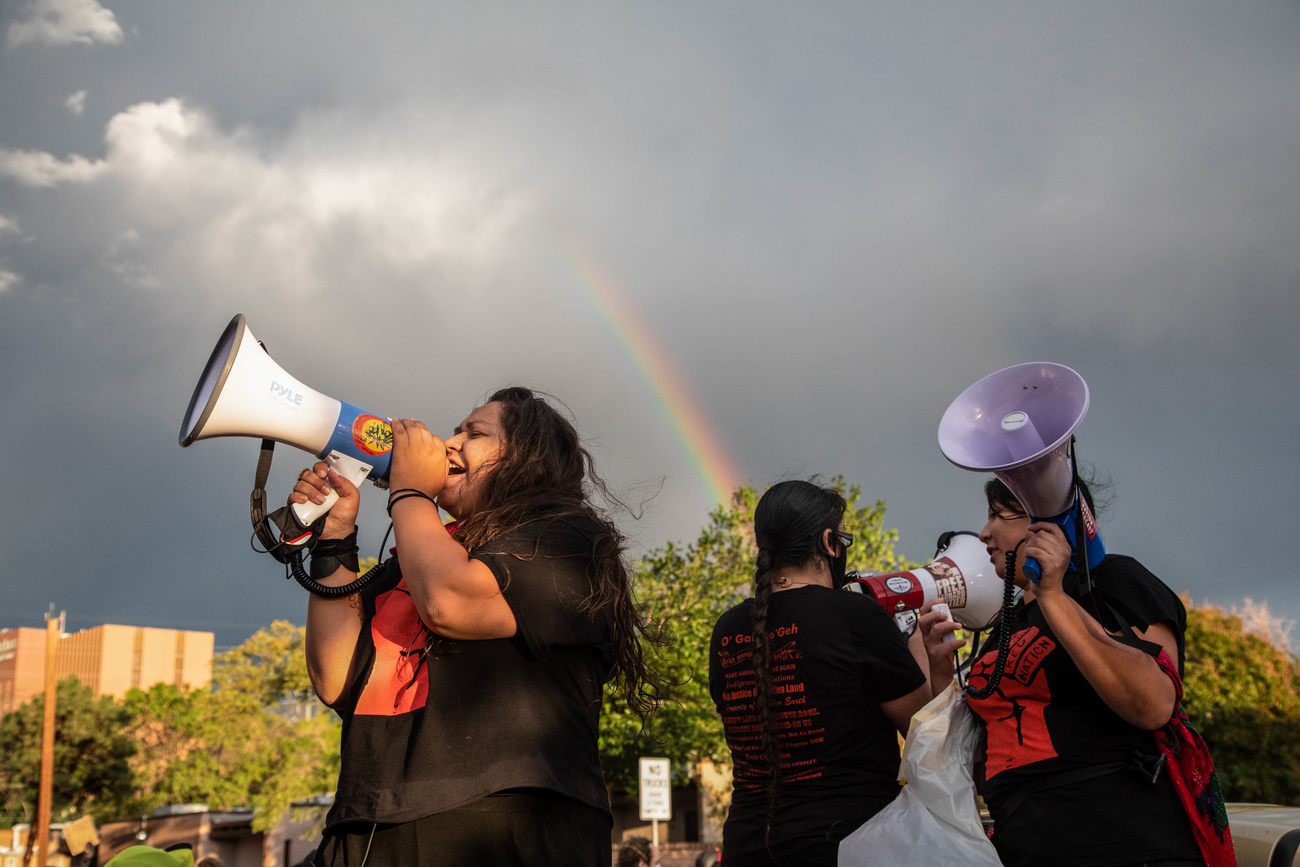
Abraham Jiménez Enoa: ‘In Cuba it’s almost impossible to express an opinion’
Journalist Abraham Jiménez Enoa was given a choice by Cuba’s authorities in 2021: prison or exile. Since then, he has continued to write about Cuba from Spain – for The Washington Post, among others.
As a freelance journalist in Cuba, Jiménez Enoa dedicated himself to revealing the truth about life in the authoritarian dictatorship – against all odds. “As a journalist in Cuba, when you try to report on the reality in this country, you hit concrete,” he tells SWI swissinfo.ch.
He co-founded El Estornudo (The Sneeze), an independent online magazine in Cuba that reaches a wide audience with narrative reportage, portraits and columns.
Because of his work, Jiménez Enoa experienced violent interrogations by the Cuban authorities, house arrest, and repeatedly had his internet access blocked. Nevertheless, he reported on human rights violations by the Cuban regime for the New York Times, BBC World and Al Jazeera, among others.
After his reporting on the anti-government protests in 2021, the Cuban authorities gave him a choice: exile or prison. He then fled to Spain with his family.
He wants to return, but also stresses that it is easier to report from the diaspora. “In Cuba it’s almost impossible to express an opinion. Exile gives you the opportunity to speak for yourself and for everyone who is in the country.”
Today he is a columnist for The Washington Post. In his columns, he analyses Cuban politics and ventures predictions for the future after the death of Raúl Castro, now 92. “When Raúl dies, there will be no one left. I believe that in a way this will be the beginning of the end of the regime. There could be fighting within the country’s power elite that could trigger a landslide. It could end up like the Soviet Union after perestroika.”
In 2022, the Committee to Protect Journalists awarded him the International Press Freedom Award.
Edited by Mark Livingston



























You can find an overview of ongoing debates with our journalists here . Please join us!
If you want to start a conversation about a topic raised in this article or want to report factual errors, email us at english@swissinfo.ch.